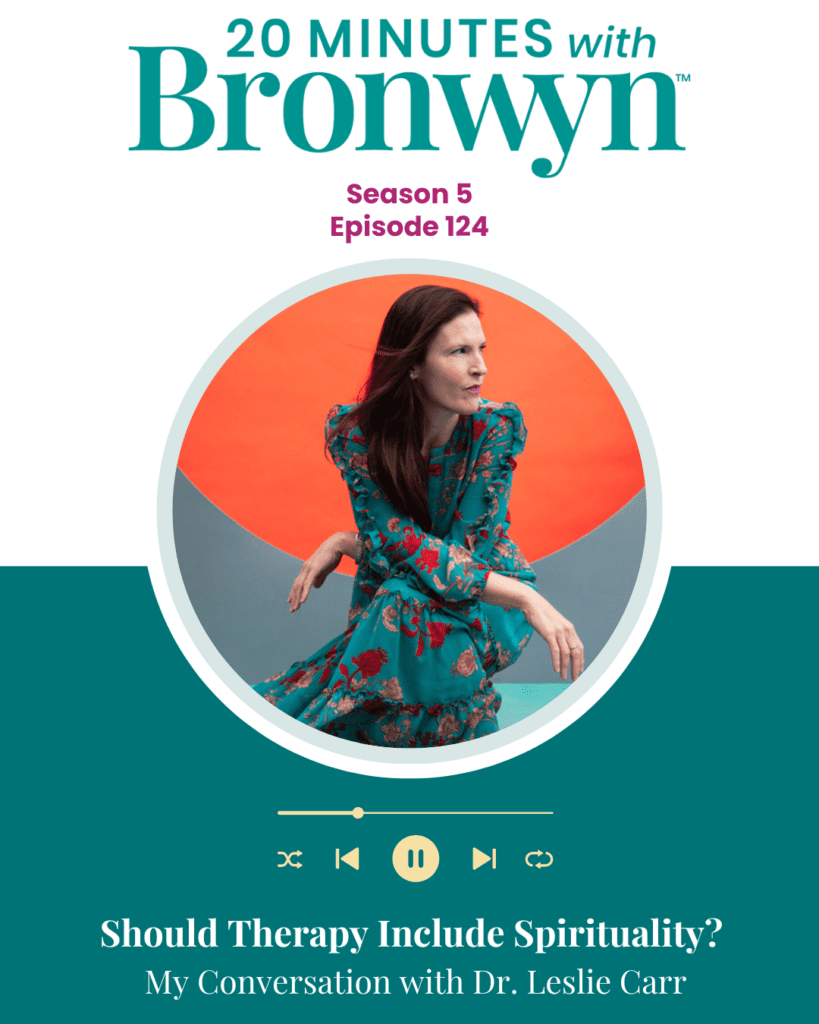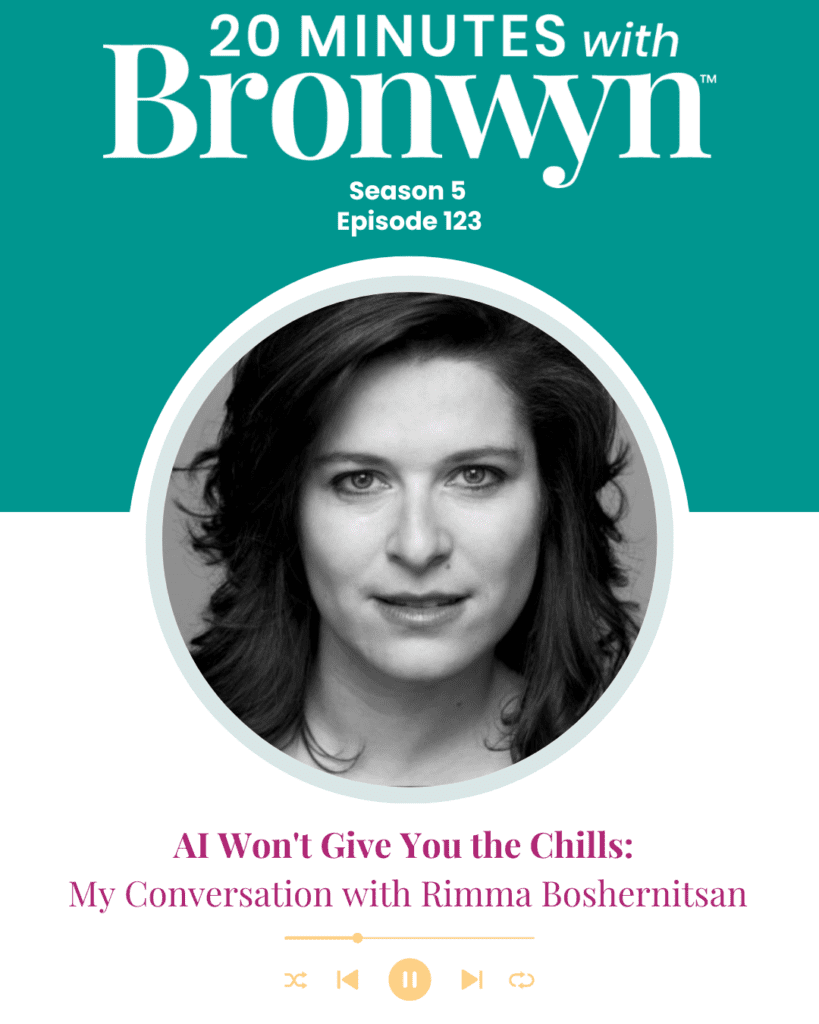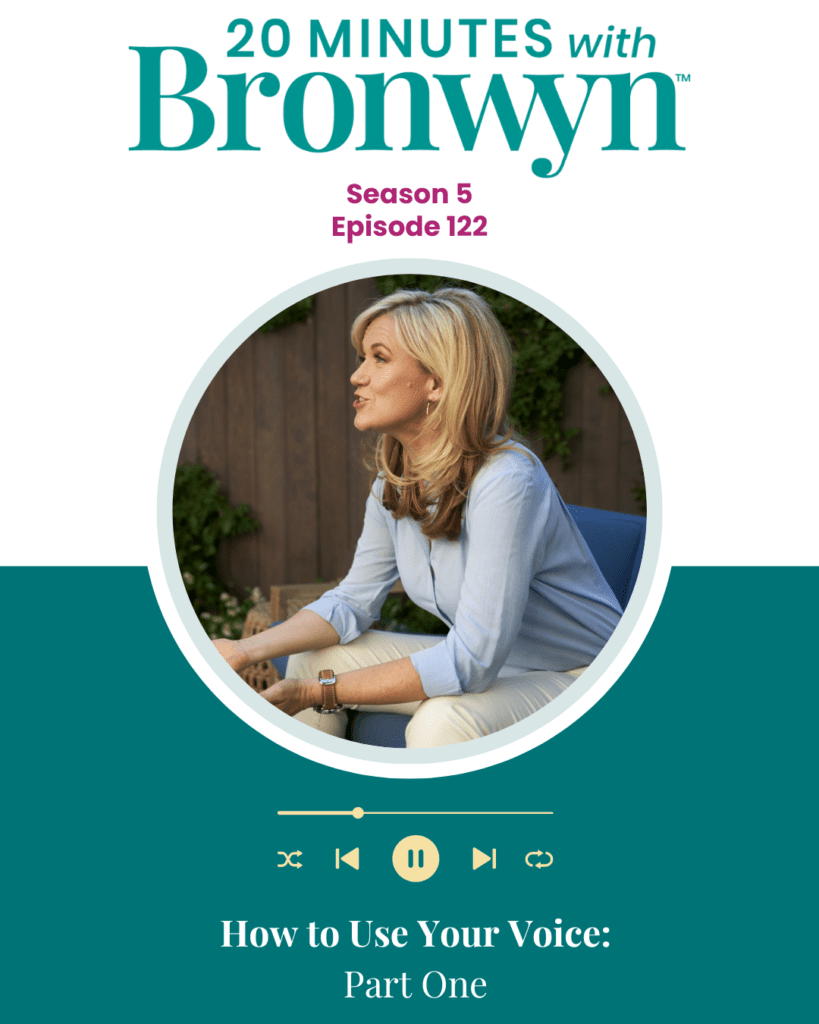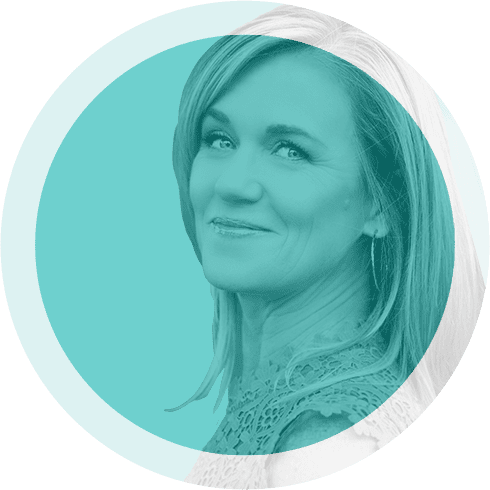My Favorite Reads of 2016
It’s that time of year, friends… it time to take stock of the year, and report back on what we read that was worth reading.
Normally, my list is dominated by fiction. But this year? Of my 10 favorite reads only ONE is fiction. It’s not that I didn’t read fiction, I did. I read plenty. But only one of them passed the “OH MY GOD… you HAVE to read this book…” test.
And let’s be honest. 2016 has been nothing if not… different. Loss has dominated the headlines it seems (Prince, Bowie, Professor Snape… Mrs. BRADY for heaven’s sake—and don’t get me started on the election).
Perhaps because the world has been a whole lot stranger than fiction in 2016, I doubled down on truth-telling and memoir.
In countdown style… here are the books that OH MY GOD you guys have to read.
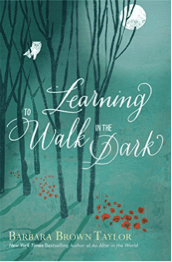
This is a book that must be experienced on Audible… the author’s slight southern accent adds to the poetry and atmosphere of the book. In it, Barbara Brown Taylor chronicles her study of darkness—spiritual, psychological, and literal. From re-examining our relationship to the “dark night of the soul” to exploring literal caves in utter blackness (with guides of course), she takes us on a gentle, but spectacularly written journey inward. I emerged from this book delighting in a moonless sky, more curious about my own dark moods, and with a renewed appreciation for the treasures to be found only in the dark.
“I cannot say for sure when my reliable ideas about God began to slip away, but the big chest I used to keep them in is smaller than a shoebox now. Most of the time, I feel so ashamed about this that I do not own up to it unless someone else mentions it first. Then we find a quiet place where we can talk about what it is like to feel more and more devoted to a relationship that we are less and less able to say anything about.” – Barbara Brown Taylor, Learning to Walk in the Dark
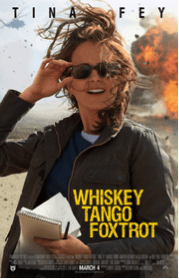
9: Apparently the movie was gawd awful, but Kim Barker’s memoir (previously published as The Taliban Shuffle: Strange Days in Afghanistan and Pakistan) is simply a fantastic read. It’s hard enough to be a journalist in Kabul trying to untangle storylines in a complicated place. But imagine how much more complicated that gets if you happen to be female? Her voice and writing is so merciless and clear and funny, she reminds me of the women I always gravitate towards as friends. What will stay with me, however, is Barker’s account of how the U.S. has handled our involvement in Afghanistan over the last 15 years. Spoiler alert: we haven’t handled it well. This book made me grateful for the men and women who cover stories under deadly conditions so that the rest of us can be at least moderately awake to the impact of U.S. foreign policy, despite how tempting it is to go back to sleep and watch another episode of Keeping Up with the Kardashians.
“Still, almost seven years since this notion of democracy was thrust into Afghanistan, many Afghans, especially the young ones, saw it as a veneer for ‘anything goes,’ for sex, drugs, and booze, and music about sex, drugs, and booze. Freedom was just another word for losing yourself in excess. I tried to do stories on this culture clash whenever I could, seeing it as a way to write about how Afghans lived, not just how they died.” – Kim Barker, Whisky Tango Foxtrot: Strange Days in Afghanistan and Pakistan.
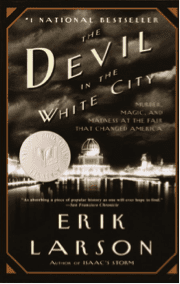
8. I gotta tell ya, I’m a sucker for Erik Larson. I love his way of tapping into an individual’s story, and attaching that story with larger, sometimes geopolitical forces. It worked for me in Dead Wake: the Story of the Lusitania and In the Garden of the Beasts, and it sure as hell worked for me in this one. Larson takes the story of H.H. Holmes, a man of seemingly endless charm and good looks and follows him as he becomes one of the first documented serial killers in history. Larson ties together two stories: that of Holmes and Daniel H. Burnham, the architect who oversaw construction of the 1893 Colombian Exposition. The Chicago World’s Fair acts as backdrop to the larger forces at play in the city of Chicago, in the U.S., and in the world; it also becomes backdrop to Holmes’ construction of his own ghastly killing factory. Be prepared to discover the gruesome combined with the sublime, and to be both amazed and horrified.
“. . . why some men choose to fill their brief allotment of time engaging the impossible, others in the manufacture of sorrow.” – Erik Larson, Devil in the White City
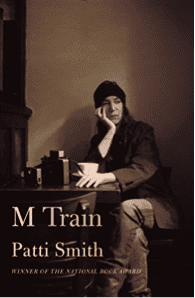
7. I tried to read this book as slowly as I could to savor every word. There’s no hard driving narrative here. In M Train artist/poet/singer/songwriter Patti Smith let’s us into her mind as she goes about living her every day life. It reads like an introvert’s paradise… quiet hours spent writing in cafés (sister can drink coffee like nobody’s business), traveling the world to give talks on esoteric topics, having intimate conversations with fascinating people, and taking polaroids of the gravestones of artists she admires. Smith invites us into her grief after the loss of her husband, but it’s not showy or manipulative. The book is quiet and real and I couldn’t get enough of it. I love you Patti Smith. Please write more.
“All I needed for the mind was to be led to new stations. All I needed for the heart was to visit a place of greater storms.” – Patti Smith, M Train
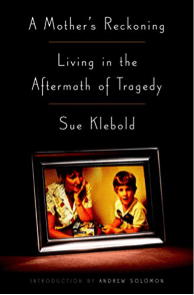
6. Ok, I know what you’re thinking. “Why on EARTH would I want to read a memoir by the mother of one of the Colombine shooters!?” Hear me out: This book should be required reading for anyone who has children. Seriously. And before you write it off as a pathetic attempt for Sue Klebold to earn money off of the ruins of her life, all proceeds are donated to a charity. A Mother’s Reckoning: Living in the Aftermath of Tragedy left me with the realization that as parents, we have to be willing to listen intently to our instincts, to the inner voice that alert us when something is wrong, and pursue those instincts. But the sad truth is, even if Sue Klebold had listened and pursued, it’s not clear anything would have changed. In the end, I think the most valuable lesson from this book was the realization that no matter how tempting it might be to judge those involved in a tragedy like this, we are not in a position to do so. Regardless of how simple the media’s depictions of the characters involved, and how blithely the news media draw the lines of blame, we have to remember that nothing is ever as it seems. After reading this book, I no longer feel any ability to judge this family, or this boy. I just feel deep sorrow for all involved—victims and shooters alike.
“We teach our kids the importance of good dental care, proper nutrition, and financial responsibility. How many of us teach our children to monitor their own brain health, or know how to do it ourselves?” – Sue Klebold, A Mother’s Reckoning
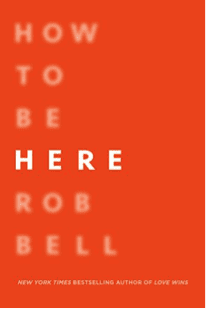
5.. And now for something completely different. Rob Bell, if you don’t yet know him, is a writer, podcast genius, former pastor, and overall great soul. This book does what Rob Bell does best: invites you to witness and enjoy the miracle of the life you’ve been given, in all of its seemingly mundane glory. I listened to How to Be Here on Audible, and it made my drive time a dazzling delight.
“Better to have a stomach full of butterflies than to feel like your life is passing you by.” – Rob Bell, How To Be Here.
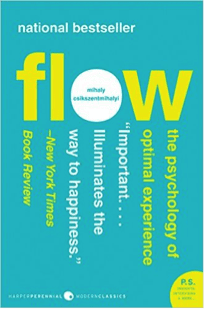
4. A few years ago, I started throwing around the term “flow” to describe that magical state of being when we’re completely absorbed in something. This year I realizedthat I had never read the book, Flow: The Psychology of Optimal Experience, that had introduced the term into our common parlance. Flow is a brilliant read for anyone looking to create “optimal experiences” as often as possible.
“Of all the virtues we can learn no trait is more useful, more essential for survival, and more likely to improve the quality of life than the ability to transform adversity into an enjoyable challenge.” – Mihaly Csikszentmihalyi, Flow
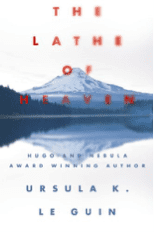
3. Apparently, any self-respecting science fiction fan needs to have read some Ursula K. Le Guin. So this was my year to dive in. My best friend Naomi insisted I read The Lathe of Heaven, and I am beyond grateful she did. It’s about a young man who finds that when he sleeps, his dreams have the power to change reality upon his waking. And when I say “reality” I mean everyone’s reality. As you might imagine, he feels terribly burdened by this, and seeks the help of a psychologist. Let’s just say things get complicated from there. I thought this book was inventive, beautiful, and sharp. I may have to read it again just to soak up passages like this one:
“He never spoke with any bitterness at all, no matter how awful the things he said. Are there really people without resentment, without hate, she wondered. People who never go cross-grained to the universe? Who recognize evil, and resist evil, and yet are utterly unaffected by it? Of course there are. Countless, the living and the dead. Those who have returned in pure compassion to the wheel, those who follow the way that cannot be followed without knowing they follow it, the sharecropper’s wife in Alabama and the lama in Tibet and the entomologist in Peru and the millworker in Odessa and the greengrocer in London and the goatherd in Nigeria and the old, old man sharpening a stick by a dry streambed somewhere in Australia, and all the others. There is not one of us who has not known them. There are enough of them, enough to keep us going. Perhaps.” – Ursula K. LeGuin, Lathe of Heaven
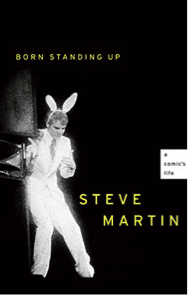
2. I listened to Born Standing Up: A Comic’s Life on Audible because I knew hearing Steve Martin tell his story would be even better than reading his words. His backstory in and of itself is fascinating, and his descriptions of Southern California in the 50s and 60s mirrored those of my mother’s. But to me, the hero of this story is Steve Martin the relentless (though intensely introverted) artist, constantly studying, improving inch by inch, moment to moment, always cross-training, paying attention to any detail that made him laugh and then testing it on audiences. I loved being able to listen in on his process: of taking calculated comedic risks, sometimes flaming out, but ultimately taking flight and winning over even the legendary Johnny Carson. Carson gave this advice to Steve Martin after a particularly inspired performance, “You’ll use everything you ever knew.”
Something in that rang true with a capital T. Not just for the Steve Martins of the world, but for any of us trying to become more than we are today.
Yes, stand-up was what launched Steve Martin, but after reading this, I believe what is most dazzling and enduring about the man is his writing.
“Doing comedy alone onstage is the ego’s last stand.” – Steve Martin, Born Standing Up
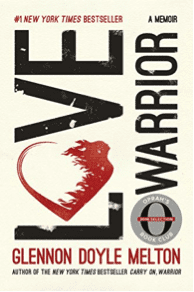
1. This book blew out the back of my skull. I had to stop frequently and space out as I read it because Love Warrior was so familiar, so uncomfortable, so real that I could only absorb it in small doses. Glennon Doyle Melton is unsparingly honest about what it’s actually like to be a woman in this part of the world. To any man who ever wonders what it’s like to grow up female in our culture, read this book. Glennon herself says she is still in the process of “unbecoming” everything society told her to be, and in the process, she just might be on her way to a new kind of sanity. I feel profoundly grateful to be alive at the same time as this writer.
“We know what the world wants from us. We know we must decide whether to stay small, quiet, and uncomplicated or allow ourselves to grow as big, loud, and complex as we were made to be. Every girl must decide whether to be true to herself or true to the world. Every girl must decide whether to settle for adoration or fight for love.”
Yes, girl. YES.
And there you have it, friends.
May 2016 go gently into that night, and may 2017 roll up with high kicks, fishnets, sequins, and red lipstick. And a whole lot of great books.
Xoox
B

